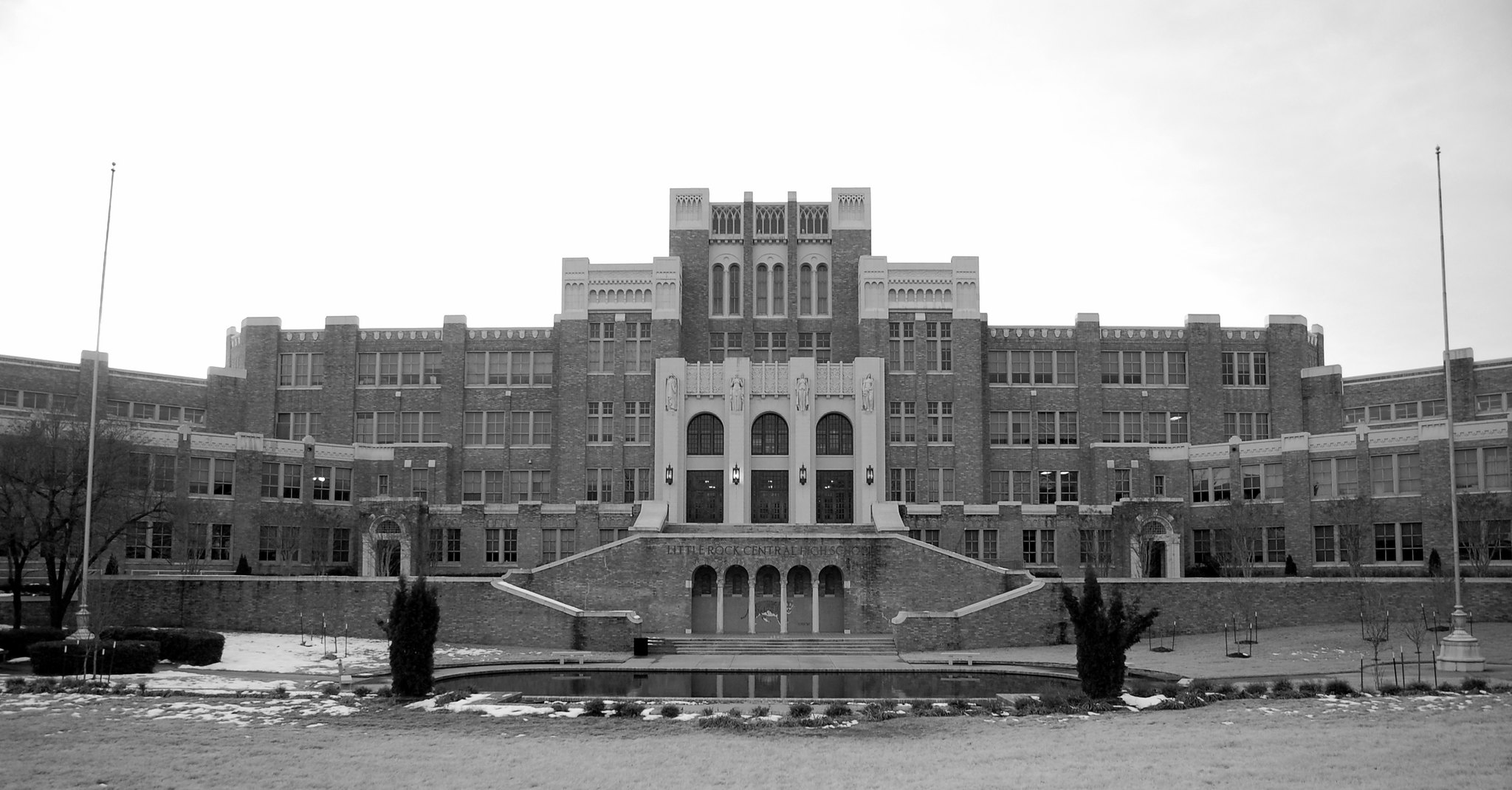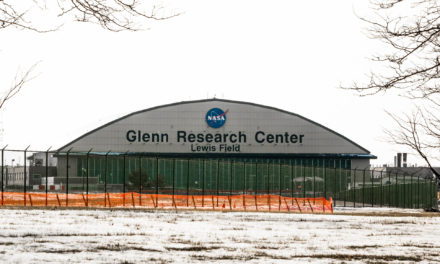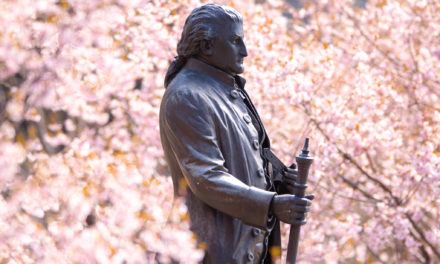The period between May 6 and May 12 has been host to numerous important events in United States and Northeast Ohio history. These events, which encompass groundbreaking achievements, social change, and pivotal moments in politics, have had a lasting impact on the nation and region.
- The Opening of Cleveland Hopkins International Airport (May 6, 1925)
On May 6, 1925, Cleveland Hopkins International Airport opened its doors to the public. At the time, it was one of the first municipally-owned airports in the United States. The airport, initially known as Cleveland Municipal Airport, has since grown to become a vital transportation hub for the region. Today, the airport serves millions of passengers annually and is a critical component of Cleveland’s economy and infrastructure.
- The Debut of the Cleveland Cavaliers (May 11, 1970)
On May 11, 1970, the Cleveland Cavaliers made their NBA debut, marking the beginning of the city’s professional basketball legacy. The team played their first game against the Buffalo Braves, sparking the start of a storied history filled with both challenges and triumphs. Over the years, the Cavaliers have become an integral part of Cleveland’s sports scene, with memorable highlights such as their 2016 NBA Championship win.
- The Inaugural Cleveland International Film Festival (May 9, 1977)
The first-ever Cleveland International Film Festival (CIFF) took place on May 9, 1977. The festival, which has grown to become one of the most respected film events in the United States, showcases a diverse range of independent and international films. Each year, the CIFF attracts filmmakers and cinema enthusiasts from around the world, promoting appreciation for the art of filmmaking and fostering a vibrant film culture in Cleveland.
- The Cleveland Museum of Natural History’s Centennial Celebration (May 6, 2020)
On May 6, 2020, the Cleveland Museum of Natural History marked its centennial celebration. Founded in 1920, the museum has become an invaluable resource for scientific research, education, and public engagement. The museum’s extensive collections and exhibits cover topics such as paleontology, astronomy, and wildlife conservation. The centennial celebration highlighted the institution’s enduring commitment to scientific discovery and its vital role in fostering a greater understanding of the natural world.
- The Rite Aid Cleveland Marathon (May 6, 2012)
The Rite Aid Cleveland Marathon, held annually since 1978, is a popular road race event in the city. On May 6, 2012, the marathon saw thousands of runners participating in various race lengths, including a full marathon, half marathon, 10K, and more. The event, which showcases the city’s landmarks and neighborhoods, has become a cherished tradition for both participants and spectators, celebrating the spirit of athleticism and community in Cleveland.
- The First Transcontinental Railroad is Completed (May 10, 1869)
On May 10, 1869, the First Transcontinental Railroad, a monumental feat of engineering and human perseverance, was completed at Promontory Summit, Utah. The railroad connected the eastern and western coasts of the United States, revolutionizing transportation, trade, and communication across the nation. The completion of the Transcontinental Railroad also facilitated westward expansion and contributed to the growth of the American economy.
- The Integration of Central High School in Little Rock, Arkansas (May 8, 1958)
On May 8, 1958, Ernest Green, one of the Little Rock Nine, became the first African American student to graduate from the previously all-white Central High School in Little Rock, Arkansas. The integration of Central High School in 1957, amidst fierce opposition and under the protection of federal troops, marked a pivotal moment in the American civil rights movement. The courage of the Little Rock Nine helped to advance racial equality and desegregation efforts across the United States.
- The Launch of the Mercury-Atlas 7 Space Mission (May 9, 1962)
On May 9, 1962, the Mercury-Atlas 7 space mission, piloted by astronaut Scott Carpenter, was launched from Cape Canaveral, Florida. Carpenter became the second American to orbit the Earth, completing three orbits before splashing down in the Atlantic Ocean. The Mercury-Atlas 7 mission was a crucial step in the United States’ early space program, paving the way for future manned space missions, including the Apollo lunar landings.
- The Birth of the American Red Cross (May 12, 1881)
The American Red Cross, a humanitarian organization dedicated to providing disaster relief, emergency assistance, and education both domestically and internationally, was founded on May 12, 1881, by Clara Barton. Inspired by the International Red Cross, Barton’s organization has since become an essential part of the American social fabric, offering support and resources to those in need during times of crisis.
- The U.S. Congress Passes the Selective Service Act (May 8, 1917)
On May 8, 1917, the United States Congress passed the Selective Service Act, which authorized the federal government to raise a national army through conscription, or compulsory military service. The act was passed in response to the United States’ entry into World War I and marked a significant departure from the nation’s previous reliance on volunteer soldiers. The Selective Service Act laid the foundation for the modern-day draft system and played a critical role in shaping the U.S. military throughout the 20th century.






